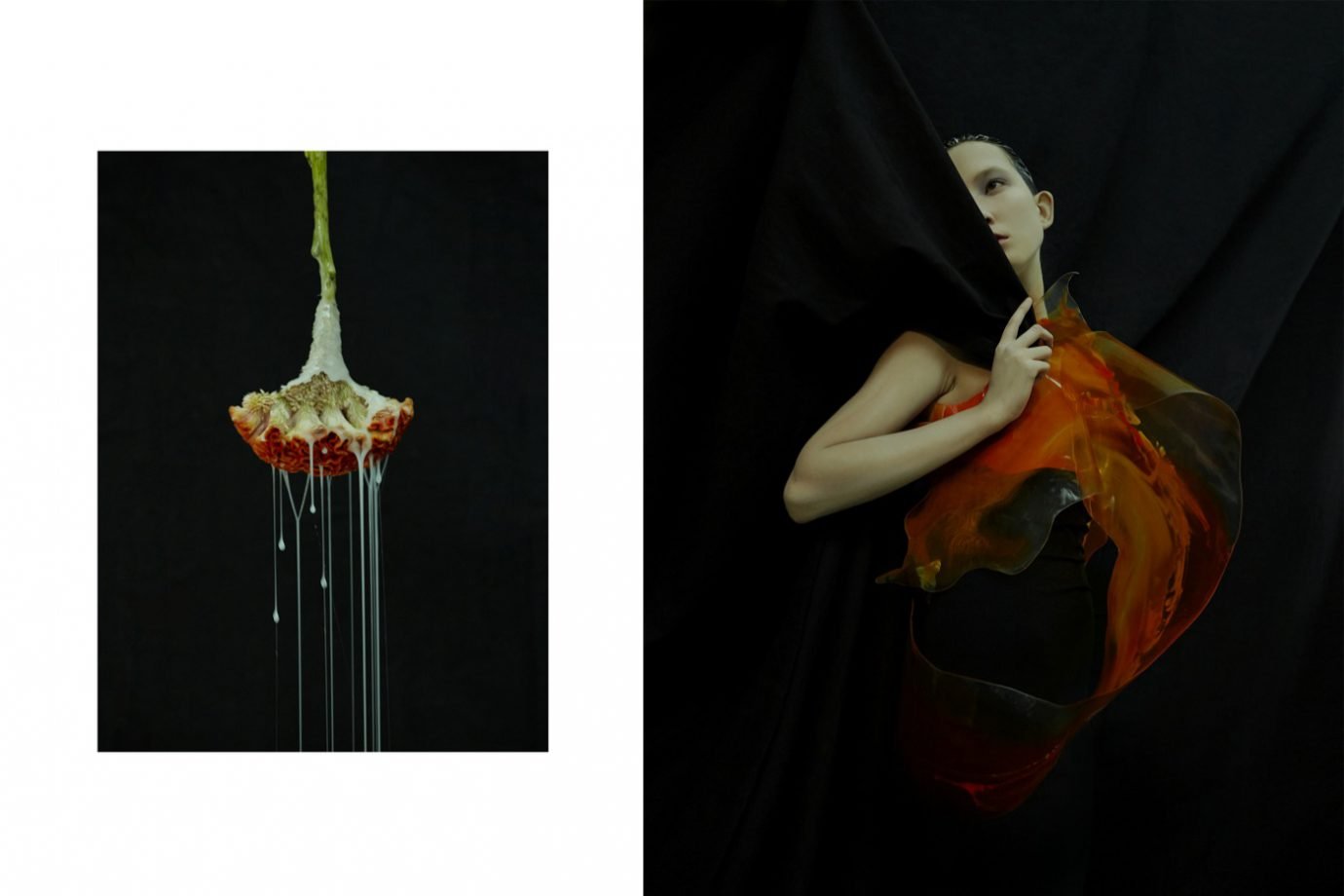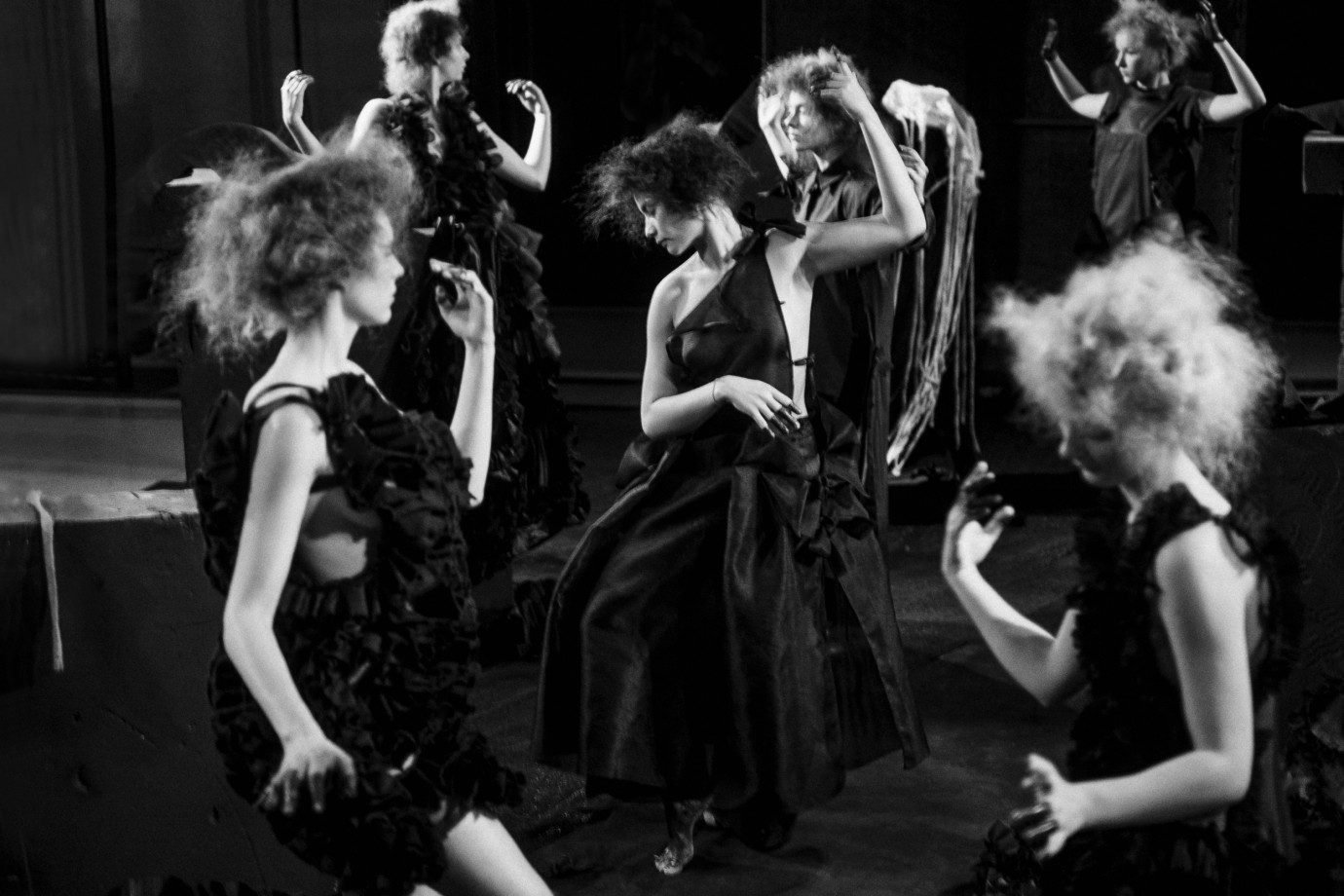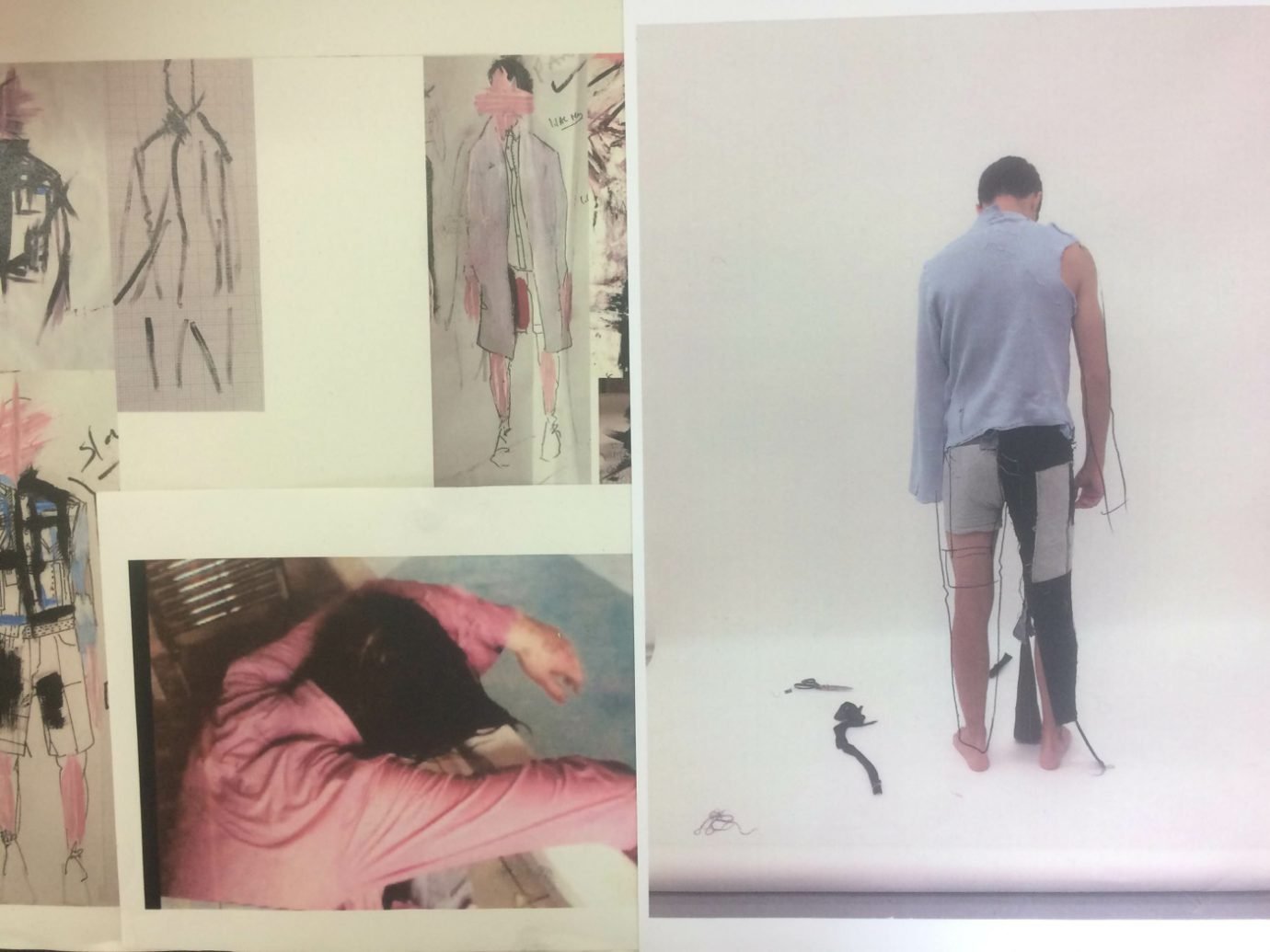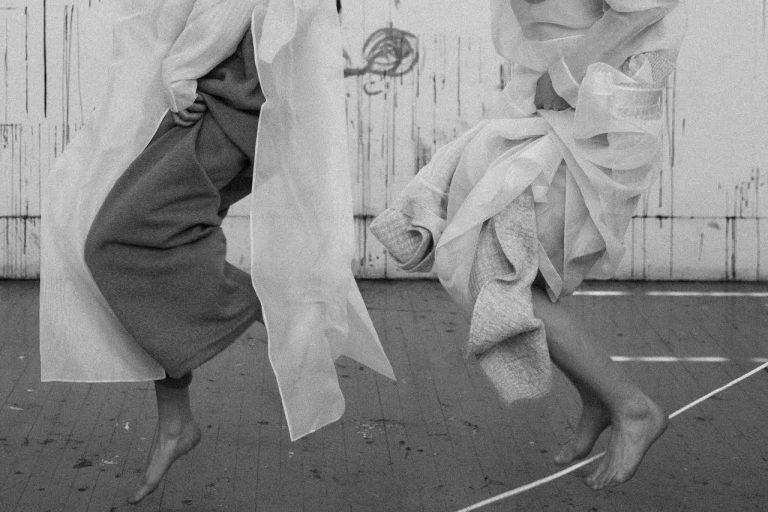‘The bit in the middle is when it’s powerful,’ Zowie continues, explaining that she feels there’s often too much weight attributed to the final show. Nonetheless, long before the lockdown was announced by the UK government, in response to the COVID-19 pandemic, Zowie began conversations with her students about their options. The RCA, like many fashion universities across the world, were faced with the issue of how to provide their graduating cohort with a replacement for the exposure – and celebration – that comes with a physical show.
It is the first time in the history of the school that the graduates’ shows have taken place entirely online. Zowie doesn’t feel these students have missed out from this shift. ‘I know I’m being all ultra-positive,’ she told me on the phone. ‘But I feel like I cannot say that I feel that they are the year that lost out. I just can’t. I feel like they gained in ways that in previous years they wouldn’t.’ According to students – the popularity of this opinion is mixed. Some of them appear less convinced. In an interview via email, Mariana Malta, a designer and visual artist who describes her work as ‘a therapeutic space to embrace and live this experience, symbiotic in nature and a catalyst for sensuality and truthfulness,’ expressed her concerns.
‘I don’t believe the RCA has been able to provide a successful alternative for us,’ Mariana wrote. Initial conversations with tutors, she said, raised ideas of ‘virtual reality, augmented reality, interactive 360 3D, amongst others’, but the budget cuts meant that the final concept was restricted to a website. ‘The RCA took the show budget away from Zowie and she said, “Now, I am operating with zero budget,”’ Mariana explained. ‘The RCA told us that all this money was being diverted towards creating a “digital discovery platform” that is basically a website.’
Last Thursday, RCA2020, the aforementioned ‘digital discovery platform’, hosting the work of graduates from the schools of Architecture, Arts & Humanities, Communication and Design launched. The site sees the Fashion Design MA students’ work divided into segments including, ‘Knitwear’, ‘Menswear’, ‘Womenswear’ as well as the less conventional categories, ‘Uselesswear’ and ‘Humanwear’. As a user of the site, one is able to jump easily from student to student and search their work with relevant tags.











































